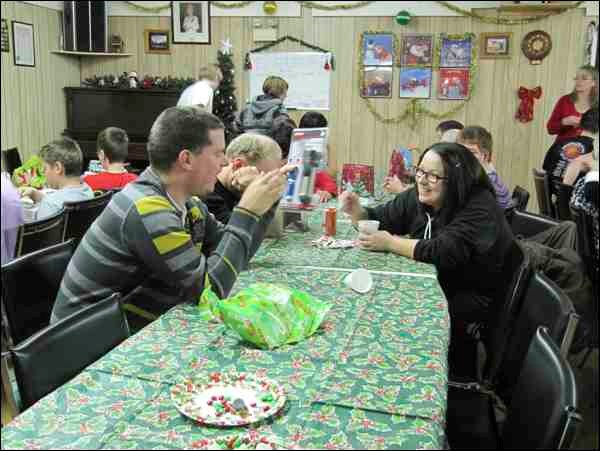Even though there is presently no federal government monitoring system in place to provide accurate statistics on the prevalence of ASDs in Canada, the Autism Society of Canada says autism is now recognized as the most common neurological disorder affecting children and one of the most common developmental disabilities.
A national incorporated non-profit charitable organization, ASC was founded in 1976 by a group of parents committed to advocacy, public education, information and referral, and support for its regional societies. The society works to reduce the impact of ASDs on individuals and their families, supports universally accessible ASD treatment and services, as well as the implementation of national surveillance, and better funding for ASD research. These improvements will, says the society, create better lives and opportunities for all Canadian children and adults affected by autism and Aspergers.
The Autism Canada Foundation, an organization that believes in a world in which autism is preventable and treatable, agrees with the ASC that prevalence of autism is increasing, citing the Centres for Disease Control and Prevention and other regional surveillance being done in Canada. ACF is a national, volunteer led organization, providing treatment and resource information to families living with autism, and influencing related health care and government policy. The foundation asserts autism is a treatable medical condition affecting the whole body, and promotes a multidisciplinary approach to treating autism.
Both the ASC and the ACF are encouraging research into nutritional and biomedical interventions for individuals with autism, as well as possible causes of autism.
Autism Society of America says the effects of environmental factors and toxicity have been well established and accepted in numerous other disabling conditions, and have become a uniting element in many condition-specific communities. With autism spectrum disorders, it has had, to a large degree, an opposite effect in which the differing parties have reached entrenched positions, with polarizing effects, says the ASA.
Lee Grossman, president and chief executive officer of ASA says, "Autism is treatable and, in many cases, is associated with a coexisting chronic medical condition. Research must be conducted towards identifying the genetic predisposition of those on the autism spectrum, and how environmental exposures contribute to creating the 'perfect storm' in producing the symptoms we describe and diagnose as ASD.
Meanwhile, what constitutes a diagnosis of autism is being changed. It's not clear yet how, or if, that review will affect statistics of prevalence. According to the ASC, the American Psychiatric Association has been working toward the completion of the fifth edition of the Diagnostic and Statistical Manual of Mental Disorders (DSM 5). The DSM is the standard reference for diagnosing mental illness and disabilities in North America, and was last fully revised in 1994. Under the current manual, children who meet the criteria for having autism are diagnosed with and told they have autistic disorder (also known as 'classic' autism) or Asperger's Syndrome or PDD-NOS, which stands for "Pervasive Developmental Disorder - Not Otherwise Specified."
In the new manual, which goes into effect in May, "the criteria will incorporate several diagnoses from DSM-IV including autistic disorder, Asperger's disorder, childhood disintegrative disorder and pervasive developmental disorder (not otherwise specified) into the diagnosis of autism spectrum disorder for DSM-5 to help more accurately and consistently diagnose children with autism," the American Psychiatric Association said earlier this month.
A diagnosis of Autism Spectrum Disorder recognizes individuals with a wide range of needs, strengths and challenges, says the ASC, adding people on the autism spectrum depend on lifelong supports and services. It is the hope of ASC that the finalized changes will provide a better basis for expanded access to supports and services that will result in better outcomes for those on the ASD spectrum.
Autism was first recognized in 1942 by Dr. Leo Kanner, but in the decades since, its causes are still far from understood. At one time autism was mistakenly thought to be caused by "cold" parenting, later it was wrongly classified as a childhood psychosis or a type of childhood schizophrenia. Today research around the world focuses on multiple possible causes of autism such as genetics/heredity, differences in biological brain function (neuropathology), pre-natal factors, possible exposure to environmental toxins, viral infections and immune system deficiencies.




